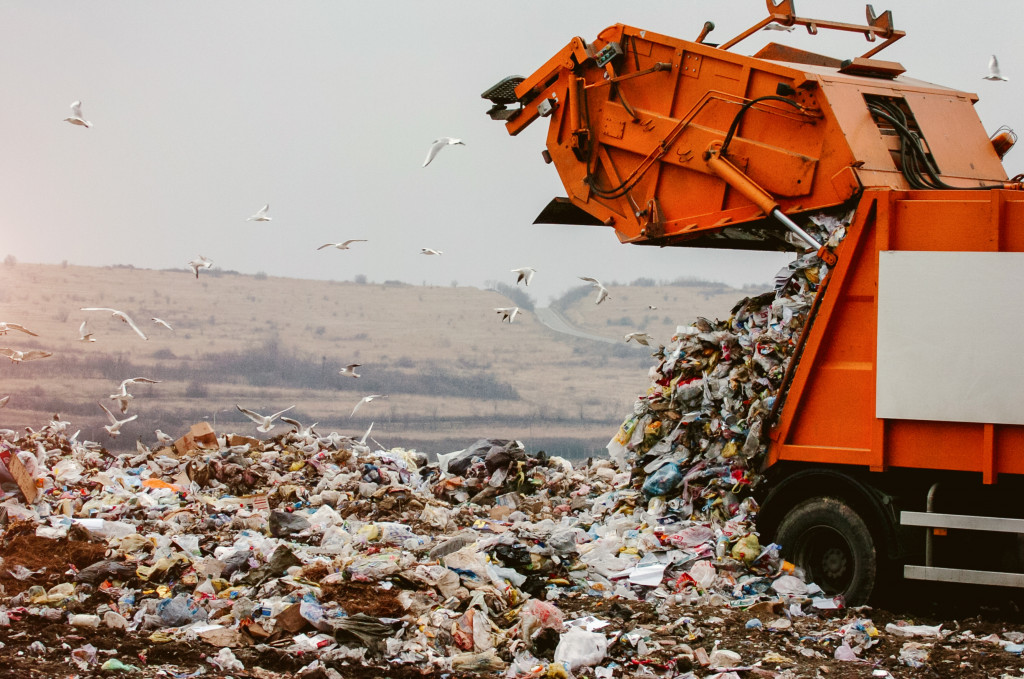Pollution is at an all-time high today. There are oil slicks in the ocean and the seas and dead marine life everywhere. Although the cause behind it is rapid industrialization, which aims to help society with development and employment, it is killing us instead. Moreover, corals are also dying. Inorganic and organic pollutants are the culprits behind the coral dying. If corals die, they leave a lasting impression on the environment. Coastlines become more susceptible to storms and hurricanes.
The oceans without corals can’t absorb carbon dioxide from the air. Apart from the seas and oceans, the air that we breathe is also poisonous. Other threats that we are fighting include soil pollution, plastic pollution, and noise pollution. That leaves all of us in danger. If we do not act quick enough, it can be detrimental to life on earth.
Realizing this, the Government plays a crucial role in dealing with pollution, as we are nearing extinction. Read about how Government is controlling pollution, and give a helping hand if possible.
Tackling Air Pollution
Today, governments of all nations across the globe are concentrating on eco-friendly measures, like the use of safe fuel for transport. Natural gas is considered the safest, with low carbon dioxide emission levels. Petrol and diesel are non-renewable resources that are harmful as well. The fumes emit several poisonous gases that lead to air pollution. All of us are breathing copious amounts of carbon dioxide and other toxic gases due to fuel combustion. Moreover, diesel engines also contribute to a ground layer of ozone, detrimental to plant life.
The Government has launched many cycling tracks that pass through urban areas. This is to facilitate workers and job-holders to cycle to their offices. Here are two benefits associated with cycling to work. Firstly, there is less air pollution, and secondly, your lungs remain healthy.
You will find many electronic vehicles coming up in the market. You only need to recharge their batteries. They do not lead to toxic emissions, as well. So, that leads to less greenhouse gas emissions down the line. The above can be comprehensibly clubbed under the Clean Air Act 1963. It is a federal law that regulates emissions and improves air quality.

Controlling Removal of Top Soil
During construction, you will find the topsoil layer being removed or excavated. Thus, leaving the land vulnerable to depletion of resources. Moreover, it also leads to sedimentation in rivers and water pollution. That is a two-fold disadvantage that humanity is saddled with. It is one of the global soil threats today. Governments around the globe are enforcing erosion control norms to give some respite to mother nature.
One of the primary steps that the U.S. government has taken is to make LEEDS Green Building System mandatory. All construction companies and builders have to abide by the norms laid down herein.
Low impact development of LID is another initiative taken whereby natural environments are saved from the technological onslaught. This measure aims to preserve agricultural land, which is so important to grow food crops. This helps to keep the top layer productive and reusable and helps to minimize water pollution. Secondly, excessive soil despoliation also leads to increased pollution of the rivers and lakes.
The debris clogs the waterways, which impacts the marine life and fish we consume. Degraded and eroded land also leads to flood, as the displaced soil clogs riverbeds. This changes the course of the rivers, leading to floods.
Supporting the Fight for Plastic Pollution
The Break Free from Plastic Pollution Act of 2021 is a strong act that aims to tackle the issue. This will help to throw away and slowly phase out plastics from the same ecosystem. Most states have already started with a ban on plastic bags. Most shops and stores have been encouraging customers to bring in their bags. 8 million tonnes of plastic are thrown into the ocean every year, leading to water pollution and loss of marine life.
With the COVID-19 pandemic hitting everyone hard, the use of single-use plastics has also increased in the last year. This has led to a stagnant stance for several countries. PPE kits and masks are also contributing to debris that takes years to get destroyed. This is a temporary phase, as most governments point out. If we are all winners in the fight against pollution, alternative means to discard such single-use accessories are necessary.
Leaving aside the COVID-19 essentials, governments offer tax incentives and relief to industries that remove plastic usage from their processes and deliverables. More and more industries have taken to recyclable goods. You will find cups and spoons at restaurants to food courts that talk of this stance. Many manufacturers give a Certificate of Compliance to their customers, stating that they are not using plastics.
Now you know how the Government is trying to stop the destruction of the planet. Many summits are also held to address the same, the latest being COP26 in Glasgow. This is a fight that we all have to undertake, as it is not just the Government but also our duty to get out of this misery.

